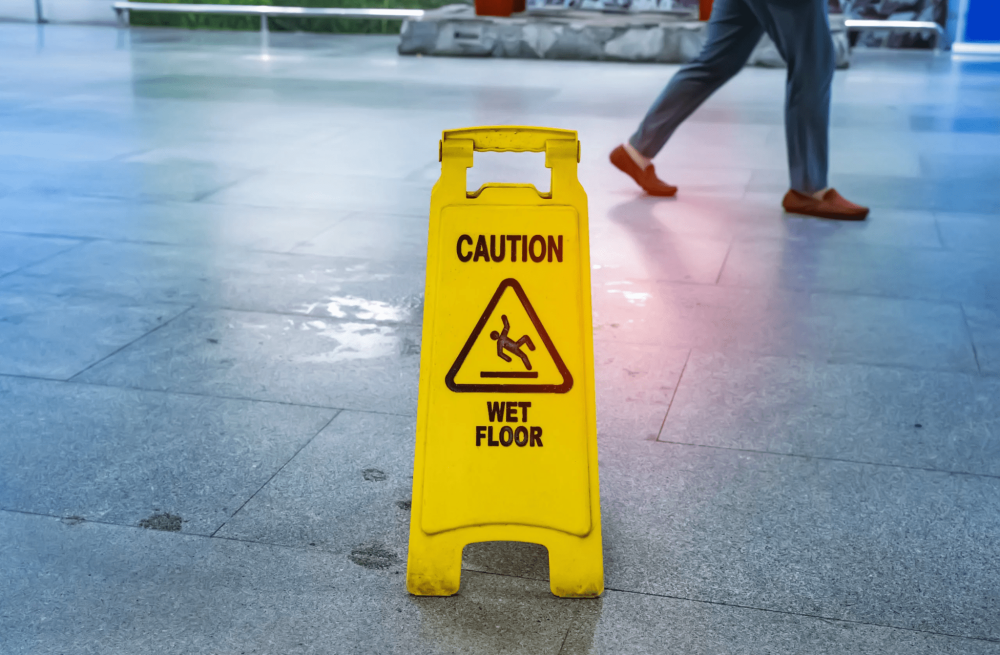Businesses want to follow the mode of operation standard in New Jersey because if someone injures themselves that business will be held accountable if proper precautions aren’t in place. For businesses and customers injuries typically want to be avoided by all parties involved. However, when injuries do occur on business property, the workplace must be evaluated for the risks it may have posed to the injured party. Sometimes, this incident is purely an accident that couldn’t have been avoided. Other times, the business neglected to take steps to ensure the customer’s safety. In issues such as this, the “mode-of-operation” standard is applied. Learn more about this standard and how it operates in lawsuits in New Jersey below.
The Mode of Operation Standard: History
In the past, slip-and-fall claims against a business required specific evidence that could prove the business’ negligence. This usually meant that the injured individual had to provide evidence that the business was aware of the condition that caused the injury prior to the event. However, the Mode of Operation Standard in New Jersey has changed this.
The Mode of Operation Standard in New Jersey: Explanation and Applicability
So, what does this standard actually mean? Ultimately, this standard shifts the responsibility placed on the injured party to prove that the business had prior notice of the dangerous conditions, and instead holds the business accountable for how it runs. That is, in some cases, the very nature of the business poses a threat to customers if it is not kept clean and safe at a day-to-day level.
This rule is usually used for restaurants that are self-serving, and therefore are more likely to have spills. These spills can easily become fall hazards, so if self-serving businesses are not keeping up with cleaning, this causes a dangerous environment for customers.
To apply this standard, three conditions must be met: the business in question is self-operated, the location and incident that caused the injury was related to the business being self-operated, and the dangerous condition must intersect with the business’ mode of operation.
The Case: Aly v. A & H Bagels & Deli Inc.
To show this standard in action, consider the slip and fall case between Samira Aly and A & H Bagels & Deli Inc.
In this case, Aly slipped on a “brown substance” while at the deli. However, after her fall and injury, there was a fire at the deli. This fire erased any evidence of the brown substance, including the deli’s records and surveillance footage. Due to lack of evidence, the court originally ruled in favor of the deli, arguing that there is no evidence of the brown substance Aly claims caused her fall.
Aly appealed this decision, claiming that the decision was untimely and that they failed to apply the Mode of Operation standard. The appellate court took her contests under consideration. While they disagreed that the decision was untimely, they found that the court did in fact err in failing to apply the Mode of Operation Standard.
Because the deli was self-operated, the spill in question falls under the mode of operation standard. Because this led to the plaintiff’s fall, it should have been considered. They also found that summary judgment was an improper approach to take with this case due to the lack of physical evidence as a result of the deli’s fire.
Considering all of this, the appellate court reversed and remanded this case for trial.
If you have any further questions about the Mode of Operation in New Jersey, or have been injured in an accident, feel free to contact Ward, Shindle & Hall.
Have Questions On The Mode of Operation Standard In New Jersey?
[button type="success" size="lg" link="https://wshlawyers.com/contact/%22] Contact Ward, Shindle, & Hall [/button]

